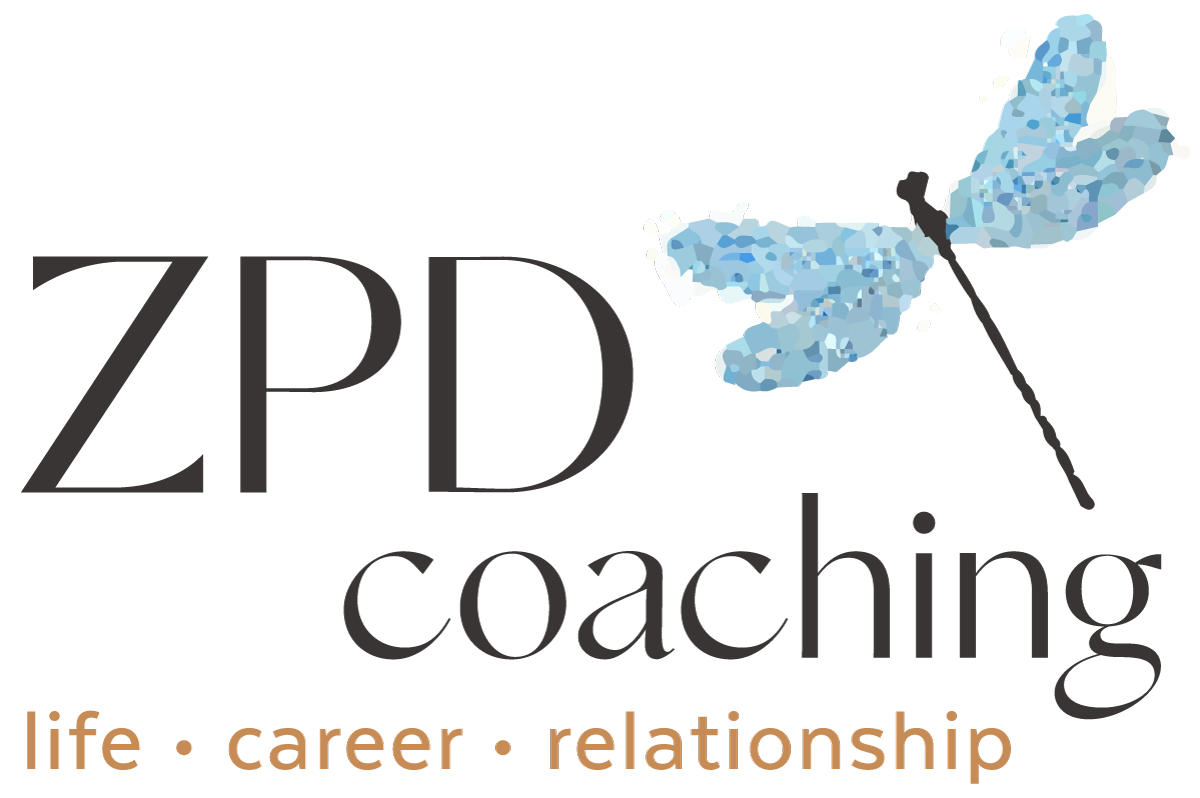Why Social Therapeutics?
Our times are different now. The uncertainty we are all experiencing is political, environmental, social—and emotional. So, they require new and innovative approaches to mental and emotional wellbeing.
Social therapeutics is a breakthrough approach to human development and personal growth.
It emerged in the 1980s as an out-of-the box, cross-disciplinary alternative to the traditional therapy available at the time. Since then, tens of thousands of social therapeutic group, family and couples sessions have taken place the world over.
Social therapeutics and coaching share three essential core competencies:
the commitment to co-creation with the client(s)
building and creating with what’s emerging in the session
the focus on growth and transformation
I wrote Social Therapeutic Coaching: A Practical Guide to Group and Couples Work (Routledge, 2024) to show practitioners how to lead their clients in “building the group” and in creating their emotional growth, with others.
When I hear David Brooks, Adam Grant, Johan Hari, Terry Real*, neuroscientists and others talk about how we are wired socially (rather than individually), I feel hopeful.
Next, we need the recognition that the unit of growth and transformation is social—it’s the group, the relationship (for couples work), the family.
From there coaches and therapists must grapple with this question:
“What new tools must we tap into to avoid taking individual-based practice models with us into group work?”
This is the conundrum of our times. Take America’s loneliness crisis. It is publicly acknowledged as a social and societal issue. Yet when the experts advise us how to tackle it, they offer up individual models advising us on individual acts—“take a pill” “talk to strangers” “join a club”.
I am a big fan of talking to strangers and doing activities you love with others! And…can you see the methodological mismatch going on? We are being told to apply individualistic solutions to a social issue.
Social therapeutics is a method engineered for seeing and relating to groups. It provides innovative tools and practices that shift us from the ‘me’ lens to the ‘we’ lens.
For example, in couples and family sessions I ask, “How are we doing?” “What does the relationship need?” “Who is on the side of the family?” These are all questions that point towards the group—the sum that is greater than its parts. When my clients look there (as opposed to only looking at the individual who is doing the relationship wrong/badly), they see new possibilities of how to communicate, feel and act, with others.
Now you might be thinking – ok – the alignment of group-based method to socially-wired humans sounds exciting and inspiring, but what happens to the individual? What about ‘me’?
Good news!
In social therapeutics, both the individual and the group, the team, the couple, the family, grow.
The Life Development Groups I lead (4 to 12 people) break with the traditional model of assembling like-minded individuals with similar goals and instead bring together diverse people with diverse issues that they want to work on and grow around.
Every week group members give their pain, their joy, their confusion, their history to the group and experience the group building with it, creating with it. Through relating to each other in the moment, giving to the group what they’re experiencing emotionally of themselves, the coach and others, participants discover more of who they are. They grow in their ability to express their wants and needs without trying to control what will happen next. The output of all that activity is emotional growth, as well as a felt sense of community, connection and belonging.
Now there’s a group-based antidote to the loneliness crisis!
Life Development Group participants come to appreciate making space for a weekly emotional workout with others. The activity of “building the group” reshapes and resizes one’s emotional pain. It’s a powerful and transformative experience. It reduces the social anxiety, isolation, anger and languishing that we all feel to one degree or another as we try to navigate our increasingly destabilized and uncertain world.
* For more from Brooks, Grant, Hari and Real, see Chapter 3, Why Groups? of Social Therapeutic Coaching: A Practical Guide to Group and Couples Work, especially the section "The Limits of Individualism: The Isolated Individual to Loneliness Pipeline".I invite you to join in the experience—as a client and/or practitioner. Schedule your complimentary 20-minute call with me here.
For people, couples and families seeking innovative tools for achieving their life and relationship goals, reach me at carrie@zpdcoaching.com.
I formed the Center for Group and Couples Coaching to train coaches and therapists in this approach. Contact info@groupandcouplescoaching.com.


